
Fact & Health Benefits of Ribwort Plantain
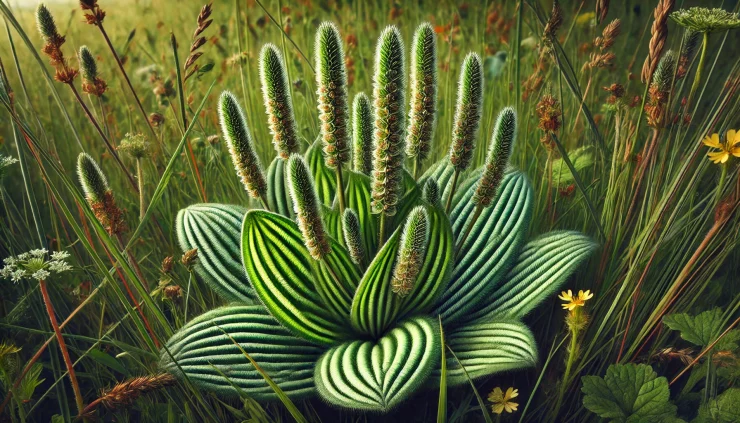
Ribwort Plantain (Plantago lanceolata): Facts, Uses, and Health Benefits
Ribwort plantain (Plantago lanceolata), also called narrowleaf plantain, is a perennial herb that thrives in meadows, grassy lawns, and along roadsides. Although it is often dismissed as an ordinary weed, this modest-looking plant has played a significant role in traditional herbal medicine for hundreds of years. Ancient healers valued it for its ability to calm inflammation, promote healing, and strengthen the body, and today modern herbalists continue to explore its many applications. This article presents the key facts and health benefits of ribwort plantain, demonstrating why this overlooked plant deserves a place in your natural medicine cabinet.
Facts about Ribwort Plantain
Botanical Characteristics
-
Scientific Name: Plantago lanceolata
-
Family: Plantaginaceae
-
Appearance: The plant features long, narrow, lance-shaped leaves with distinct parallel ribs that give it a characteristic textured look. Small, subtle flowers bloom on tall, slender spikes, which are often overlooked but play an important role in pollination.
Habitat
Ribwort plantain is native to Europe and Asia, but it has successfully spread across many other regions, including North America and Australia. Its resilience allows it to grow in a wide variety of soils, from fertile meadows to poor, disturbed ground. For this reason, it is a familiar sight along roadsides, in gardens, and across open fields.
Historical Use
The use of ribwort plantain goes back to ancient civilizations. Both the Greeks and Romans documented its ability to ease discomfort and promote healing. Across medieval Europe, it was considered one of the essential “nine sacred herbs” used to combat infection and illness. This legacy of use continues into the present day, where it remains a staple in folk remedies and natural healing traditions.
Health Benefits of Ribwort Plantain
1. Anti-Inflammatory Properties
Ribwort plantain is rich in compounds such as aucubin and other iridoid glycosides, which provide strong anti-inflammatory effects.
-
Uses: Fresh crushed leaves or plantain extracts can be applied directly to inflamed joints or muscles, helping reduce swelling and pain from conditions like arthritis, gout, and joint stiffness.
2. Wound Healing
The plant is well known for its antimicrobial and healing abilities. Its natural compounds help close wounds while reducing the risk of infection.
-
Uses: Fresh leaves can be crushed and applied to cuts, scrapes, burns, and insect bites, where they promote faster healing and reduce irritation.
3. Respiratory Health
Thanks to its soothing mucilage content, ribwort plantain is widely used for respiratory support.
-
Uses: Drinking ribwort plantain tea helps calm sore throats, ease persistent coughs, and relieve congestion associated with bronchitis, asthma, or seasonal colds.
4. Digestive Health
Ribwort plantain’s mucilaginous qualities also make it a gentle remedy for the digestive system.
-
Uses: Tea prepared from the leaves can help with gastritis, ulcers, and irritable bowel syndrome (IBS). It may also act as a mild laxative, improving digestion and encouraging regular bowel movements.
5. Skin Care
The herb provides excellent soothing and protective benefits for the skin.
-
Uses: Plantain-infused oils or creams can be used to address eczema, psoriasis, acne, and dermatitis, reducing redness, itching, and irritation while nourishing the skin.
6. Immune System Support
Ribwort plantain is naturally rich in vitamins, minerals, and antioxidants, which help strengthen immunity.
-
Uses: Regular consumption of ribwort plantain tea or supplements may support the body’s defenses, making it easier to resist infections, colds, and environmental stressors.
How to Use Ribwort Plantain
Tea
One of the simplest ways to enjoy ribwort plantain is by preparing it as a herbal tea.
-
Preparation: Steep fresh or dried leaves in hot water for 10–15 minutes, then strain. Drink up to three cups daily for respiratory or digestive relief.
Poultices
For external healing, ribwort plantain can be used as a poultice.
-
Preparation: Crush fresh leaves and apply them to the affected area. Cover with a clean cloth or bandage and leave for several hours or overnight.
Infused Oil
Plantain-infused oil provides a soothing base for skin treatments.
-
Preparation: Place fresh or dried leaves in a jar, cover with olive or coconut oil, and leave in a warm spot for 2–3 weeks. After straining, store the oil in a cool, dark place.
Salves and Creams
Infused oil can be turned into healing salves.
-
Preparation: Blend the oil with beeswax and, if desired, a few drops of essential oils to create a balm for skin irritations, wounds, or burns.
Precautions
While ribwort plantain is considered safe for most people, it is best to keep a few precautions in mind:
-
Allergies: Some individuals may react to the plant. Perform a patch test before applying widely on the skin.
-
Pregnancy and Breastfeeding: Pregnant or breastfeeding women should seek medical advice before use.
-
Medication Interactions: Ribwort plantain may interact with certain prescription drugs; consult your healthcare provider before combining it with regular medications.
Conclusion
Ribwort plantain is far more than an ordinary roadside weed—it is a powerful natural remedy with a wide range of applications. From soothing inflamed tissues and healing wounds to supporting digestion, respiratory function, and the immune system, this humble plant continues to prove its worth. By incorporating ribwort plantain into teas, poultices, oils, or creams, you can tap into its rich tradition of healing and enjoy the many benefits it brings to both body and mind.
News in the same category


Cloves: A Natural Solution for Skin Tags and Warts

Japan’s Oldest Doctor: Can’t Sleep Through the Night? Use Garlic This Way for Deep Rest in 3 Nights
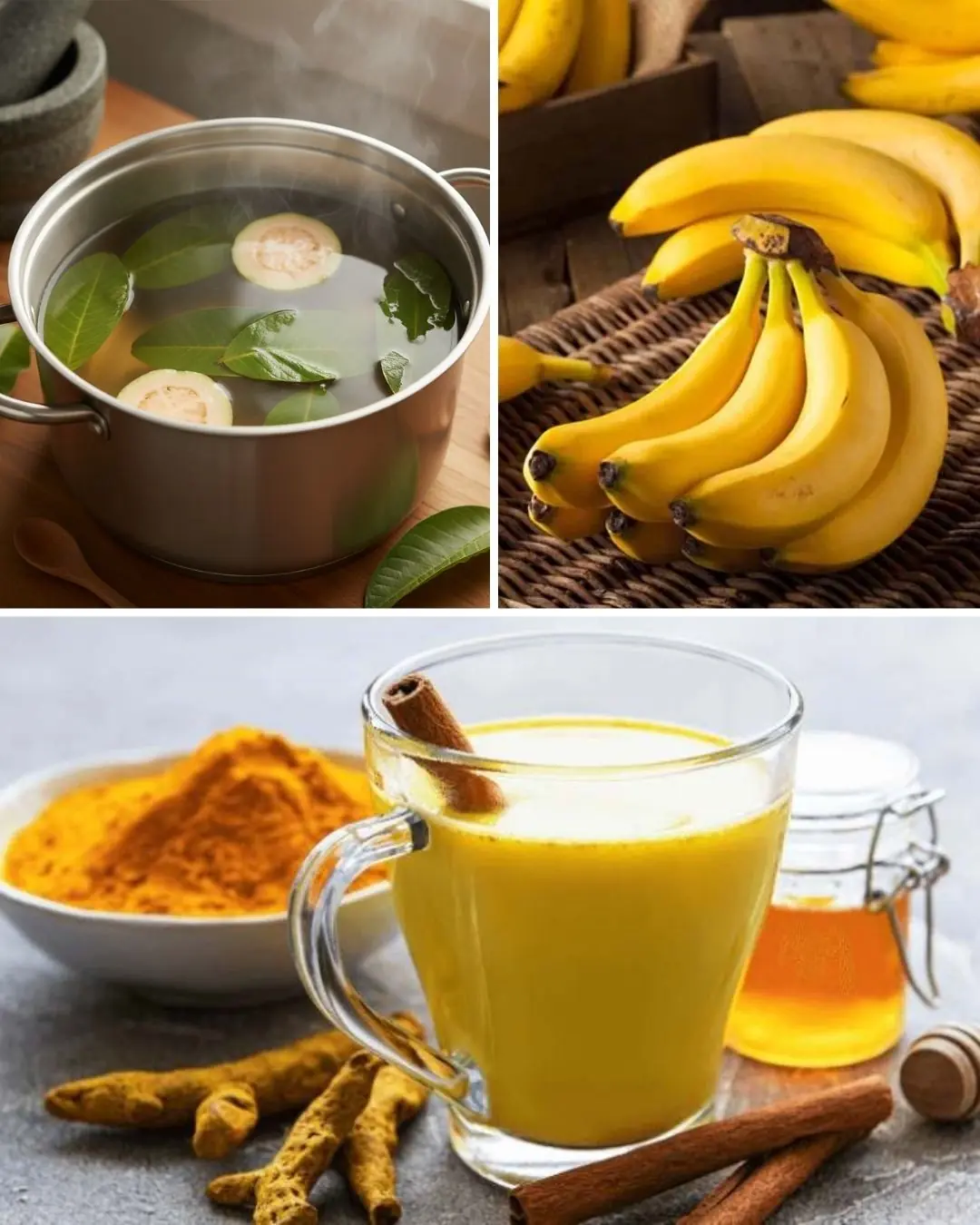
Doctors Don’t Want You to Know About This Drink – It Can Help Reverse Diabetes, High Blood Pressure, and Poor Circulation Instantly

Improve Your Eyesight Naturally at Home in 5 Days – With Onion? Here’s the Truth!
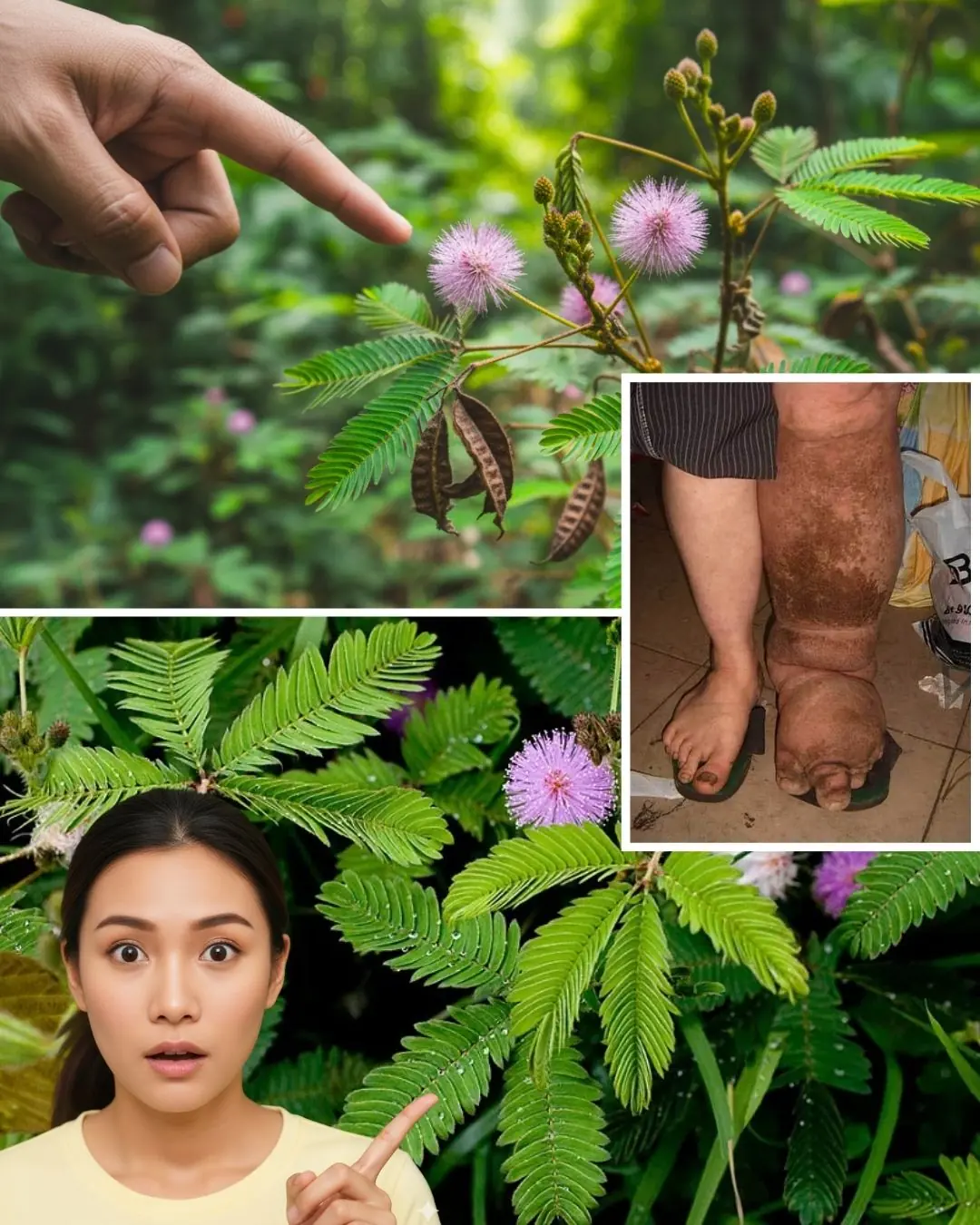
🌿 The Hidden Power of Mimosa Pudica: 30 Remarkable Benefits & DIY Uses to Transform Your Health

Colgate Toothpaste for Face Whitening: The Secret Combo of Tomato and Colgate 🍅✨

🍋 Japan’s Oldest Doctor Reveals: The 10-Minute Colon Cleanse Drink That Melts Away Bloating & Constipation

25 Worrying Signs Your Body Is Trying to Warn You of Serious Health Problems (and What to Do About Them)
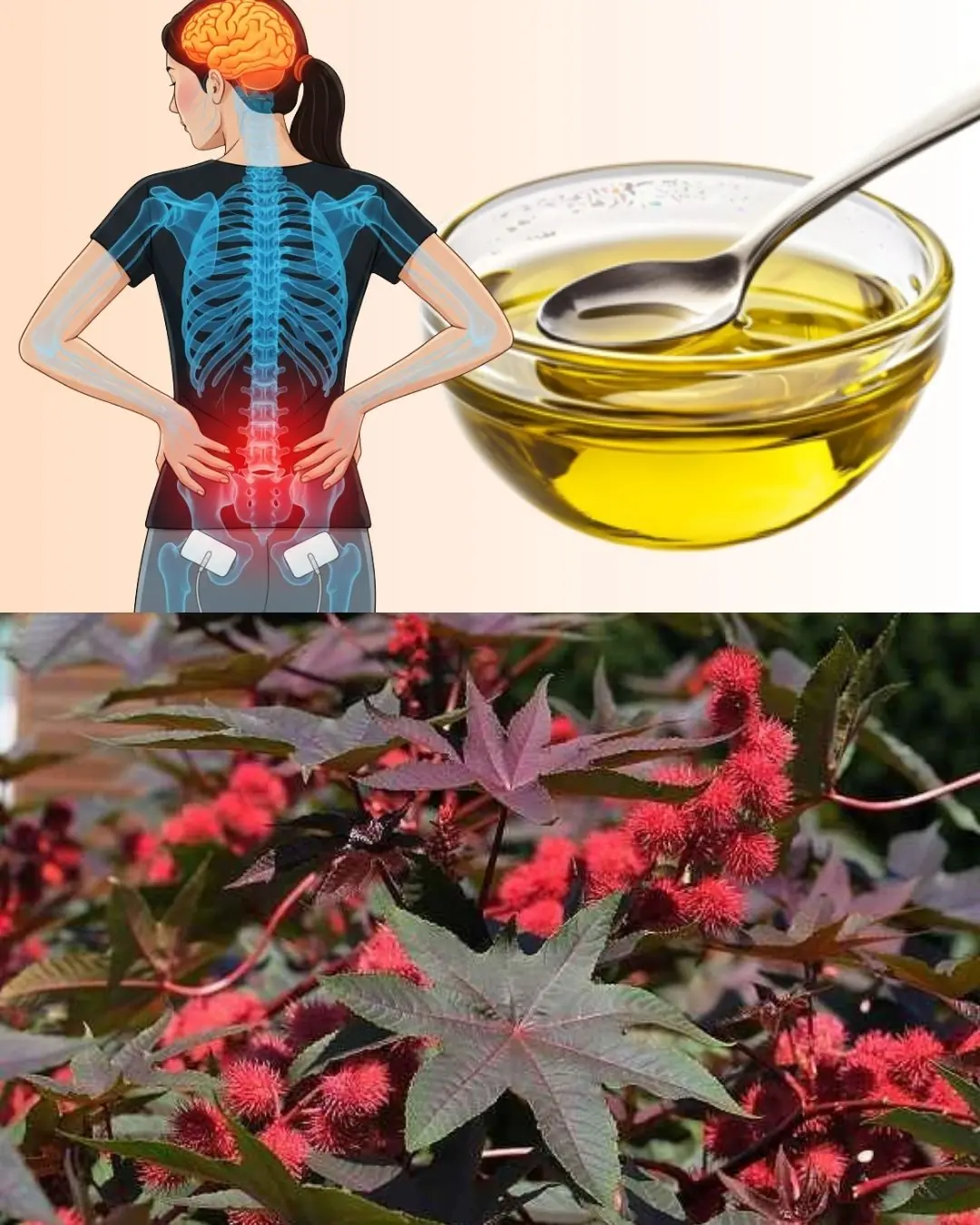
🌿 Discover the Hidden Gold in Your Garden: The Amazing Power of Castor Leaves

The Curious Elixir You’ll Wish You Tried Sooner: Garlic, Coca-Cola, and Honey

Revive Your Nails with This Garlic Secret

17 Natural Habits to Keep Your Colon Healthy

7 Nettle benefits and uses

7 Benefits Of Papaya Seeds & How To Consume Them Correctly

Goosegrass: Health Benefits and Uses

Exploring the Health Benefits of Common Mallow: A Nutritional Powerhouse

12 Early Signs Your Liver Is Dying: What Your Feet Reveal About Liver Health
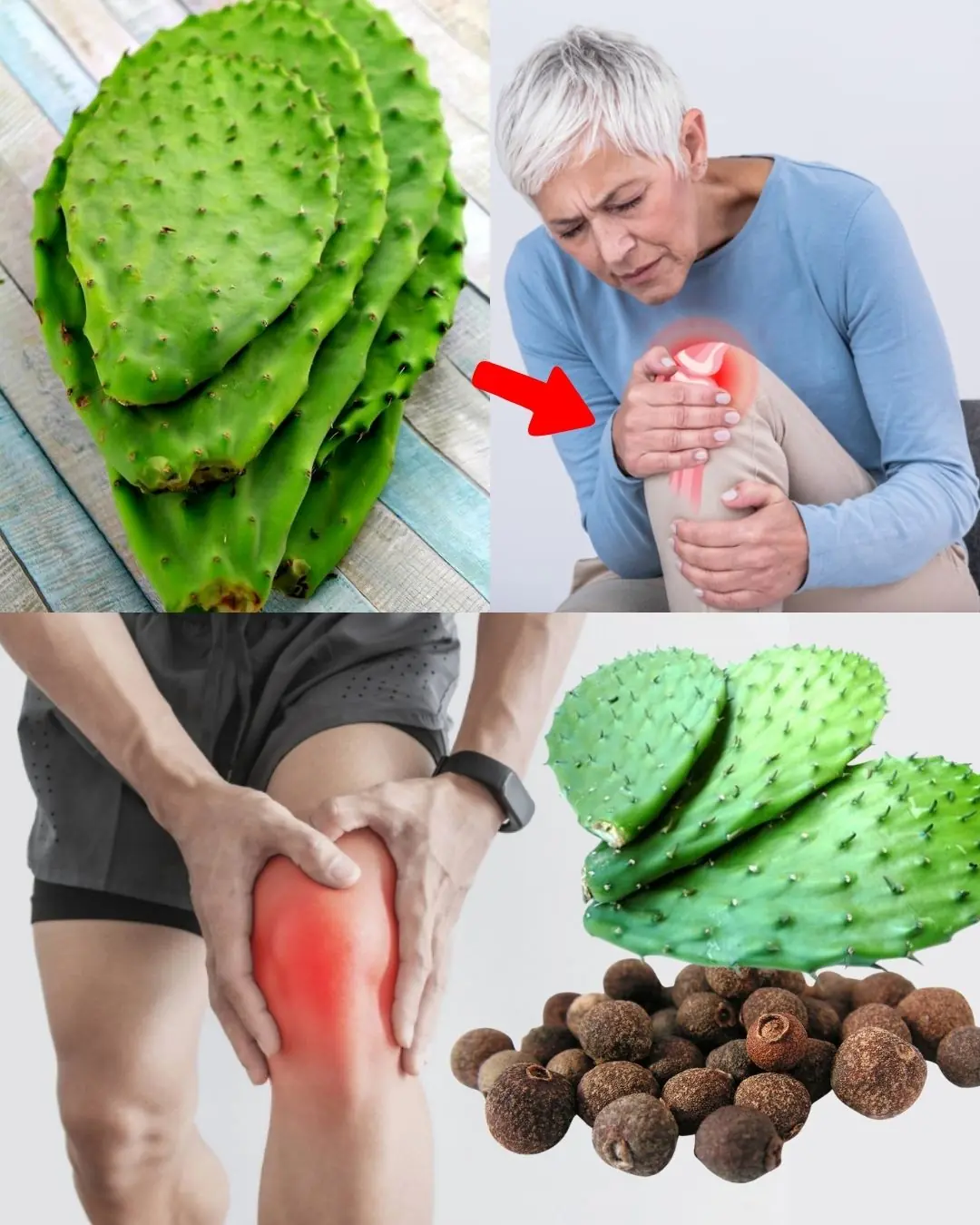
Anti-Inflammatory Power: Relieve Joint Swelling and Bone Pain with Prickly Pear (Nopal) Water 🌿💧
News Post

My Brother Banned Me from Speaking at Our Mother’s Funeral, Saying ‘No One Wants to Hear from the Adopted One’ — He Never Expected What Happened Next

Bride Walked Down the Aisle Smiling — But After Finding a Note Hidden in Her Bouquet, She Turned Around and Ran from the Wedding

9 Months Pregnant, My Husband Threw Me Out for Another Woman, But I Got the Last Laugh

The Man Who Became a Swan Shepherd.

A Valentine’s Gesture That Touched an Entire Community.

A Prom Night 76 Years in the Making.

The Truth About the Thigh Gap: And Why You Don’t Need One to Feel Beautiful

Mosquitoes fear this bowl of water the most—place it in your home and no matter how many mosquitoes there are, they’ll all disappear, letting you sleep peacefully

When your pan loses all its non-stick coating, don’t throw it away just yet: Do this and your frying will never stick or fall apart again

Eat boiled bananas at this time, and after just one week your body will experience 7 changes: excess fat melts away and your skin becomes smoother and brighter

12 Foods With Melatonin You Should Include In Your Dinners To Sleep Like A Baby

White Tongue: What It Means and What You Can Do About It

Arthritis warning: 10 everyday foods making your pain and inflammation worse

World’s deadliest ca:ncer: 8 early warning signs every older adult should know

The Truth About the Thigh Gap: And Why You Don’t Need One to Feel Beautiful

7 Best Nutrients to Prevent Alzheimer’s and Dementia
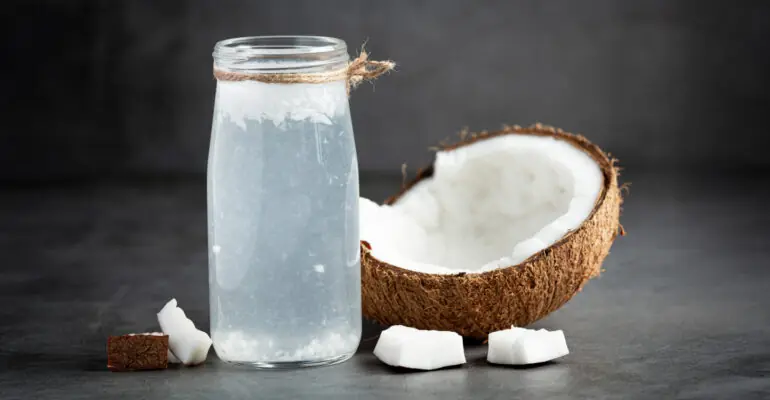
Coconut Water: Healthy Drink or Hidden Risk? Who Should Avoid It

7 benefits and uses of Plantago Major
